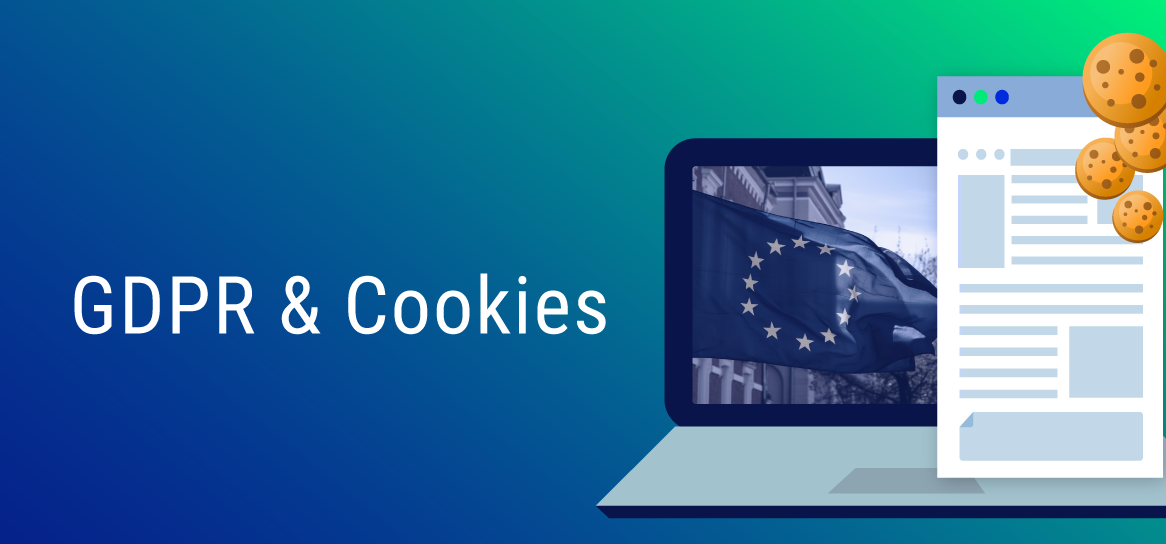Cookies are small data files stored on a user’s device by websites to track and save information about their browsing habits. They are essential for enhancing user experience, personalizing content, and enabling various functionalities on websites. However, with the introduction of the General Data Protection Regulation (GDPR) by the European Union, the use of cookies has come under strict regulation. This article explores the importance of cookies and how to use them in compliance with GDPR.
The Importance of Cookies
- Enhancing User Experience:
- Cookies help remember user preferences, such as language settings, which provides a more personalized browsing experience.
- They enable automatic login features, saving users from repeatedly entering their credentials.
- Tracking and Analytics:
- Cookies are crucial for collecting data on user behavior, helping website owners understand how visitors interact with their site.
- This data is valuable for improving website design, content, and functionality based on user preferences and trends.
- Targeted Advertising:
- Cookies enable the delivery of personalized ads based on users’ browsing history and preferences.
- This leads to more relevant advertising, improving user engagement and increasing the effectiveness of marketing campaigns.
GDPR and Cookie Compliance
The GDPR is a regulation that aims to protect the personal data and privacy of EU citizens. It has specific requirements for the use of cookies, especially those that process personal data. Here’s how to use cookies in compliance with GDPR:
- Transparency and Information:
- Websites must inform users about the use of cookies in a clear and understandable manner.
- This includes detailing the types of cookies used, their purpose, and the data they collect.
- Consent:
- Prior to setting non-essential cookies, websites must obtain explicit consent from users.
- Consent must be freely given, specific, informed, and unambiguous. Users should have the option to opt-in or opt-out.
- Cookie Banners and Notices:
- Websites should use cookie banners or pop-up notices to inform users about cookie usage and to seek their consent.
- These banners should not use pre-ticked boxes and must provide options to accept, reject, or manage cookie preferences.
- Cookie Management:
- Websites should provide users with the ability to manage and withdraw their consent at any time.
- This includes offering clear instructions on how users can change their cookie settings.
- Regular Audits:
- Conduct regular audits of cookies used on the website to ensure compliance with GDPR.
- Keep records of user consents and the information provided to them about cookie usage.
Cookies play a vital role in enhancing user experience, tracking website performance, and delivering targeted advertising. However, it is essential to use them in compliance with GDPR to protect users’ personal data and privacy. By providing clear information, obtaining explicit consent, and allowing users to manage their preferences, websites can use cookies responsibly and stay compliant with GDPR regulations.
By following these guidelines, you can ensure that your use of cookies is transparent, respectful of user privacy, and legally compliant.
